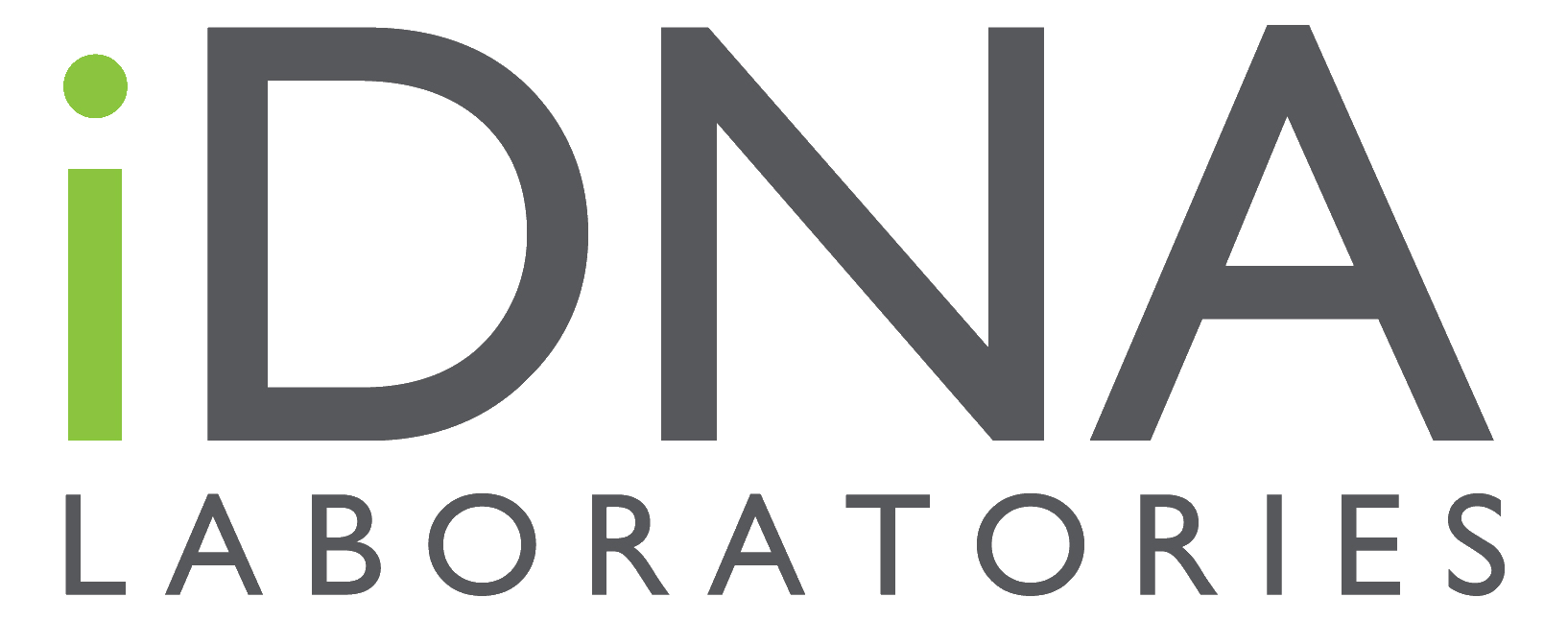Contact us

iDNA Laboratories is a genetics company, based in Greece, active in the field of Precision Medicine and aiming to personalize health care.
ΓΕΜΗ 157439801000
© Copyright – iDNA Laboratories | Developed by ADS Solutions
The genetic profile of patients affects up to 80% of their metabolism, side effects, and the effectiveness of the drugs they receive.
This creates major challenges for the appropriate selection and dosage of available medications. Pharmacogenetics is a key pillar of Precision Medicine, determining the response of patients to the most commonly prescribed drugs by correlating their gene polymorphisms (SNPs) with drug metabolism and toxicity, thus achieving higher efficacy of personalised treatment.
PGx analysis benefits
Optimal treatment choice and reduced likelihood of treatment failure.
Due to individual variations in patient response, medications exhibit varying degrees of effectiveness.
Through PGx analysis, the ‘trial and error’ approach is avoided.
Avoidance of side effects
Serious adverse effects (e.g., chronic liver or kidney damage) can be prevented by identifying genetic polymorphisms.
Treatment cost reduction
By minimizing the side effects of multiple unsuccessful drug trials, reducing response times and the need for polypharmacy in treating a particular condition, significant cost reduction can be achieved in healthcare.
Higher efficiency
Pharmacogenetic analysis significantly improved response and remission rates in patients with persistent depression compared to treatment as usual practices.
Variations in active substance metabolism
Caucasian patients can benefit from individualized dosage adjustment as up to 60% exhibit metabolic variations in one or more active substances.
Lower costs
Pharmacogenetic trials among patients with Major Depressive Disorder improved quality-adjusted life years resulting in significant cost savings.
Scatter plot illustrating the results of the probabilistic sensitivity analysis of 5000 simulations.
The scatter of incremental cost-effectiveness ratios (ICERs) is in the upper and lower right quadrants of the graph, indicating that the vast majority of simulations are dominant and cost-effective.
iDNA PGx CNS offers Pharmacogenetic Analysis and refers to patients:
The report includes the identification of alleles in their respective genes associated with each of the 24 polymorphisms examined.
This information derives from the analysis of the DNA sample and is then interpreted based on the science of Pharmacogenetics. Furthermore, the report provides information regarding factors that impact drug effectiveness and/or safety based on the patient's pharmacogenetic profile.
More specifically, information is provided regarding drug administration, including response, clearance, and metabolism of drugs, as well as side effects, such as weight gain, metabolic syndrome, hypertriglyceridemia, and tardive dyskinesia.